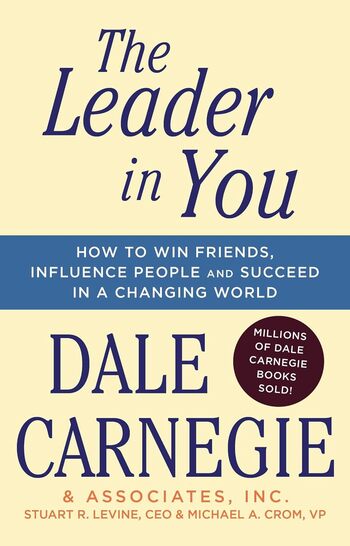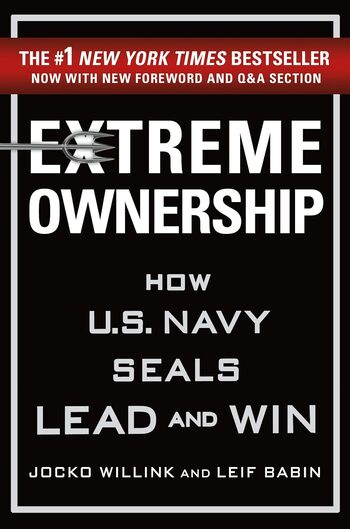
Rewire delves into the psychological conflict between our logical and automatic selves, illustrating how emotions drive self-destructive habits. Dr. Richard O’Connor provides strategies to reframe these behaviors by finding emotional reasons to initiate change.
Main Lessons
- Our consciousness consists of two selves: the logical conscious self and the emotional automatic self.
- The automatic self often dominates decision-making, leading to self-destructive habits.
- Understanding the emotional root of habits is crucial for effective change.
- A strong, personal ‘why’ can be a powerful motivator to change behavior.
- Our default to instant gratification is a product of evolution, making long-term goal focus difficult.
- Redirect emotional needs toward healthier behaviors to extinguish bad habits.
- The ‘if-then’ strategy can effectively help in rewiring habits.
- You cannot erase a habit entirely; instead, overwrite it with a new one.
- Emotional solutions are necessary for overcoming procrastination and self-control issues.
- Break the cycle of instant gratification by engaging in activities that fulfill core emotional needs.
- Self-destructive habits serve as coping mechanisms for unmet desires.








